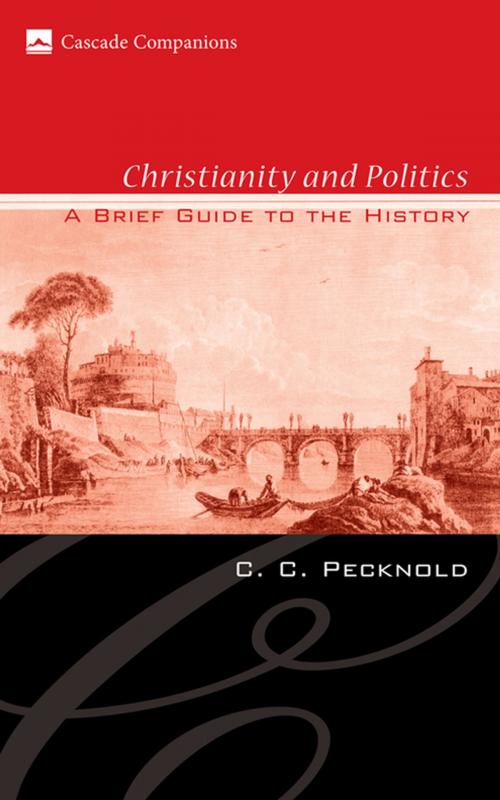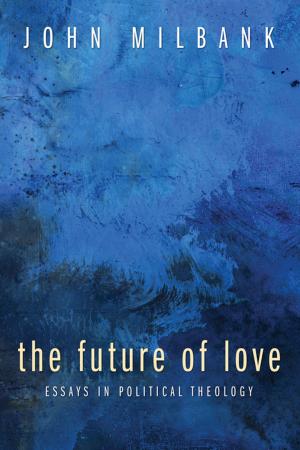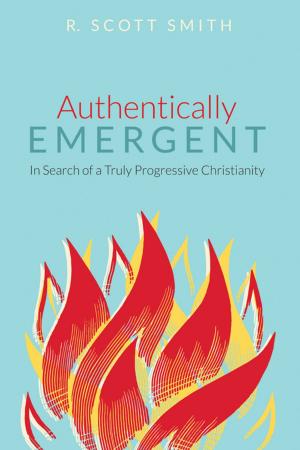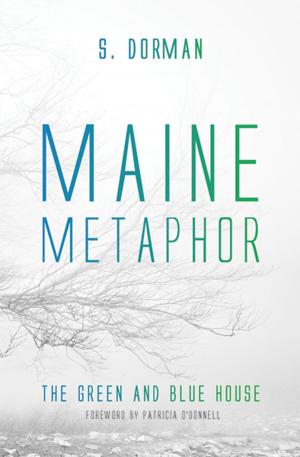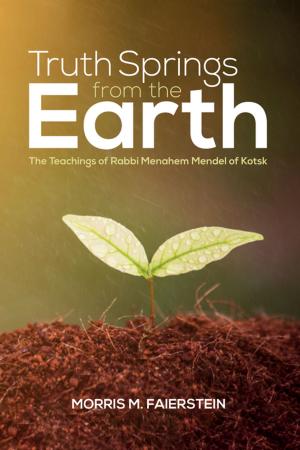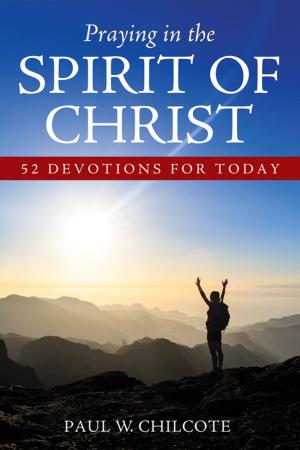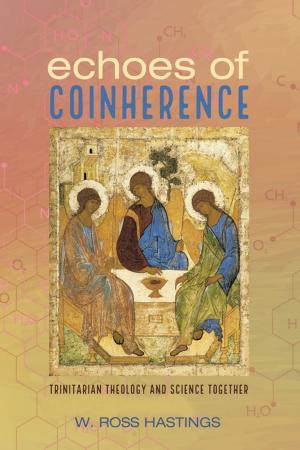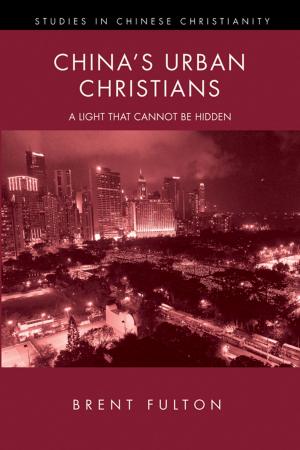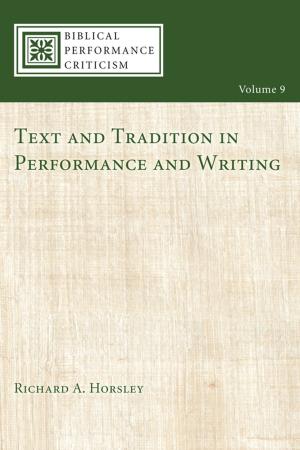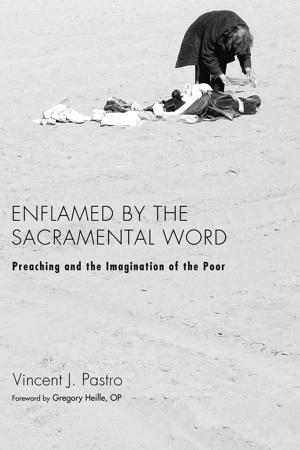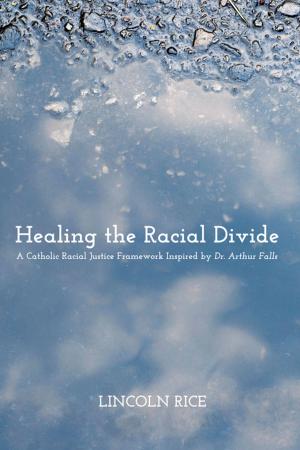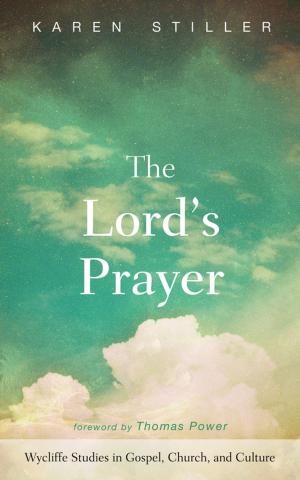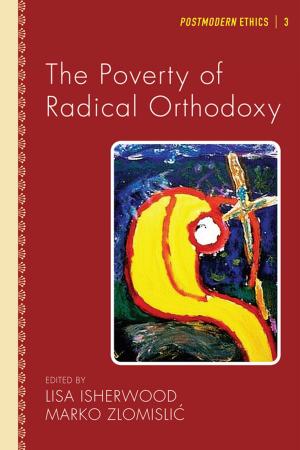| Author: | C. C. Pecknold | ISBN: | 9781621892205 |
| Publisher: | Wipf and Stock Publishers | Publication: | August 6, 2010 |
| Imprint: | Cascade Books | Language: | English |
| Author: | C. C. Pecknold |
| ISBN: | 9781621892205 |
| Publisher: | Wipf and Stock Publishers |
| Publication: | August 6, 2010 |
| Imprint: | Cascade Books |
| Language: | English |
It is not simply for rhetorical flourish that politicians so regularly invoke God's blessings on the country. It is because the relatively new form of power we call the nation-state arose out of a Western political imagination steeped in Christianity. In this brief guide to the history of Christianity and politics, Pecknold shows how early Christianity reshaped the Western political imagination with its new theological claims about eschatological time, participation, and communion with God and neighbor. The ancient view of the Church as the mystical body of Christ is singled out in particular as the author traces shifts in its use and meaning throughout the early, medieval, and modern periods-shifts in how we understand the nature of the person, community and the moral conscience that would give birth to a new relationship between Christianity and politics. While we have many accounts of this narrative from either political or ecclesiastical history, we have few that avoid the artificial separation of the two. This book fills that gap and presents a readable, concise, and thought-provoking introduction to what is at stake in the contentious relationship between Christianity and politics.
It is not simply for rhetorical flourish that politicians so regularly invoke God's blessings on the country. It is because the relatively new form of power we call the nation-state arose out of a Western political imagination steeped in Christianity. In this brief guide to the history of Christianity and politics, Pecknold shows how early Christianity reshaped the Western political imagination with its new theological claims about eschatological time, participation, and communion with God and neighbor. The ancient view of the Church as the mystical body of Christ is singled out in particular as the author traces shifts in its use and meaning throughout the early, medieval, and modern periods-shifts in how we understand the nature of the person, community and the moral conscience that would give birth to a new relationship between Christianity and politics. While we have many accounts of this narrative from either political or ecclesiastical history, we have few that avoid the artificial separation of the two. This book fills that gap and presents a readable, concise, and thought-provoking introduction to what is at stake in the contentious relationship between Christianity and politics.
